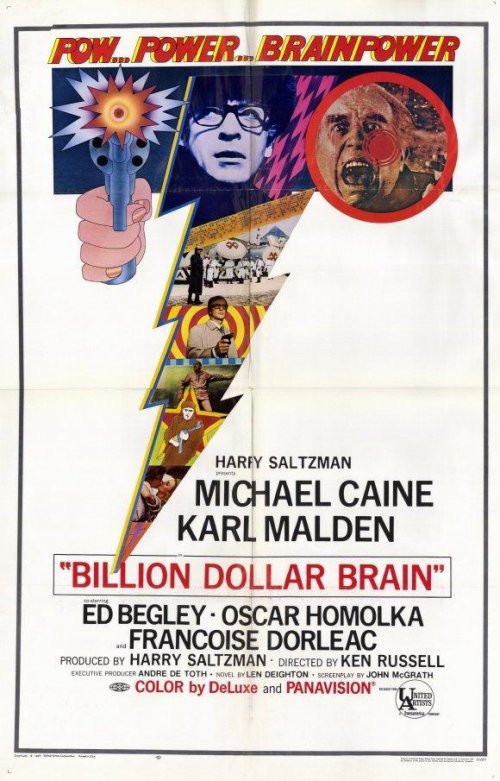Well, OTL it took them seven years and a major war on Far East to realize that something is wrong with their guns. The truth is, that German army attitude toward artillery was pretty conservative in late XIX century. They ordered good guns, but of pretty average and unremarkable designs (despite Krupp & others producing much better guns for export customers). While French, still reeling from humilating defeat, rapidly innovated, determined to have state-of-art artillery, Germans pretty much stagnated, only reacting on what French & Russians have.
I've refreshed my knowledge on this and am reminded how the Germany artillery in 1914 was dominant compared to the French.
Firstly, the Germans weren't backwards compared to the French. They introduced a modern 150mm medium field howitzer in 1902, 100mm field fun in 1904, modernised the 77mm field gun in 1904, modernised the 105mm light field howitzer in 1909, introduced the heavy 210mm field howitzer in 1910, a new 150mm medium field howitzer in 1913 and a new 100mm field gun in 1914. In contrast The French introduced the 75 in 1898, the Rimahilo 155mm howitzer (another innovative design) in 1907 and the 105mm heavy field gun in 1914.
Secondly there are the numbers.
In 1914 France had about 4,100 75s and 110 Rimahilo 155mm. The April 1914 Cadre law organised the French artillery, 110 Schneider 105mm heavy field guns were on order so 4 standard regiments each with 12 x 155mm howitzers (4 guns per battery) and 12 x 105mm that would be ready by 1915. A 5th non standard regiment was also to be stood up using 1878 120mm Le Bange guns taken from fortifications and put on motorised transport, 10 batteries of 6 guns. Longer term plans were to double this, a proposed follow-on order for 110 105mm heavy field guns, a proposed order for 110 medium field howitzers of an unspecified type and another 5 batteries of the old 120mm De Bange guns. This is a grand total of 280 heavy field guns by 1915 and 560 by 1917.
In 1914 the Germans had just over 5,000 77mm field guns, ~1280 105mm light field howitzers, 178 100mm heavy field guns, over 400 150mm medium field howitzers and over 200 210mm heavy field howitzers. That's a grand total 800 heavy field pieces in service in 1914 that France was attempting to counter with their 280 pieces by 1915 and 560 by 1917. The French had no answer to the almost 1300 light howitzers and Germany had more field guns than the French.
Thirdly, the devil is in the details.
The German 77mm field gun had less range and rate of fire than the French 75 and fired a lighter shell than the British 18pdr, but was lighter and therefore more mobile. This gun was good in the movement phase but found wanting in trench war compared to the French and British guns, however the German divisions had 18 105mm howitzers which were superior in trench warfare to the 75 and 18pdr. The French Rimhailo howitzer had a very high rate of fire, but it lacked range compared to the German 150mm howitzer and in any case was outnumbered 4 to 1. The French had 1000s gun pieces and millions of rounds of ammo in fortresses throughout the country, and these were pressed into services as soon as the lines stabilised, but without modern recoils systems these pieces had such a low rate of fire that a battery equated to a single modern gun.
Phew, .........it's good to put all that out in one place.




